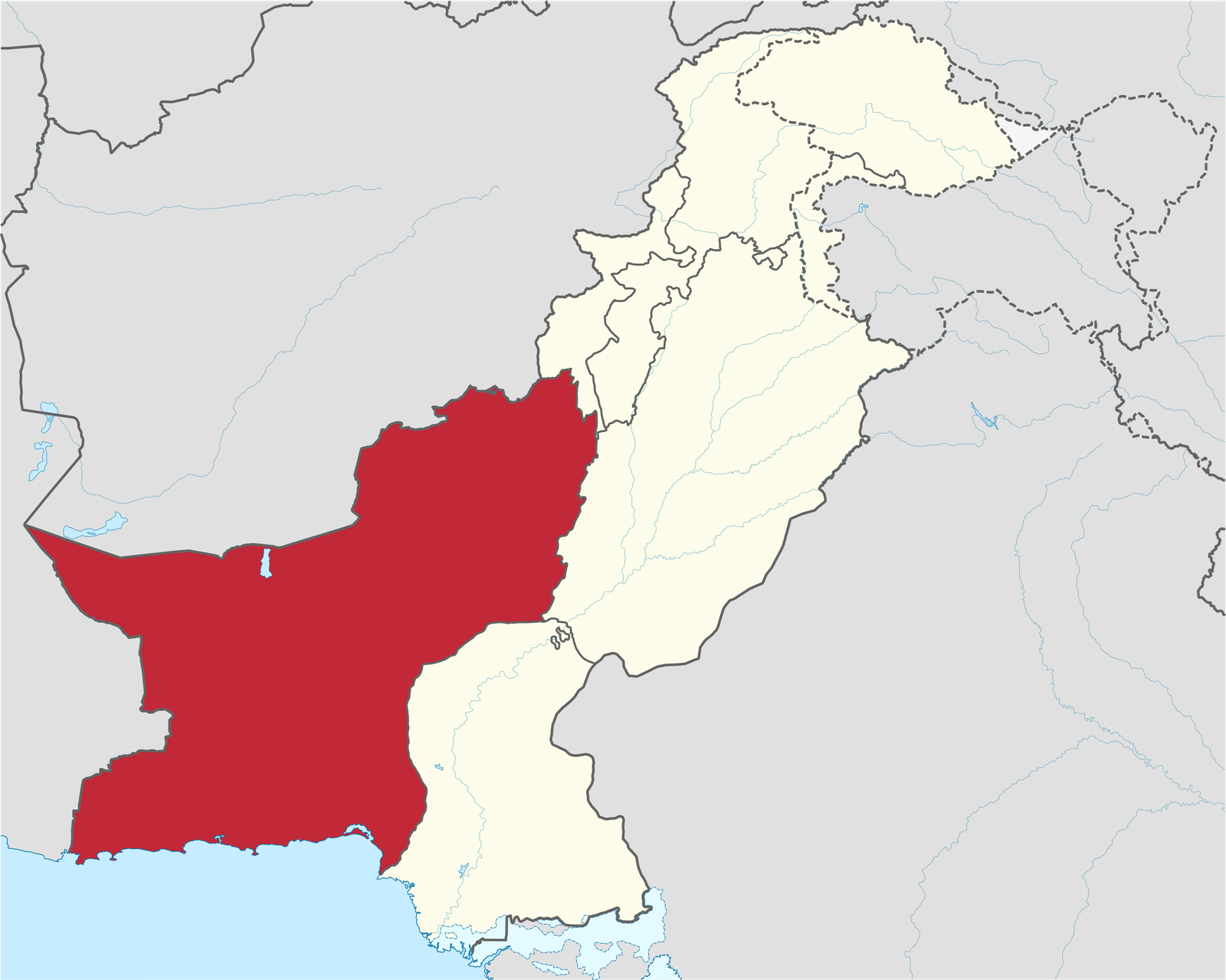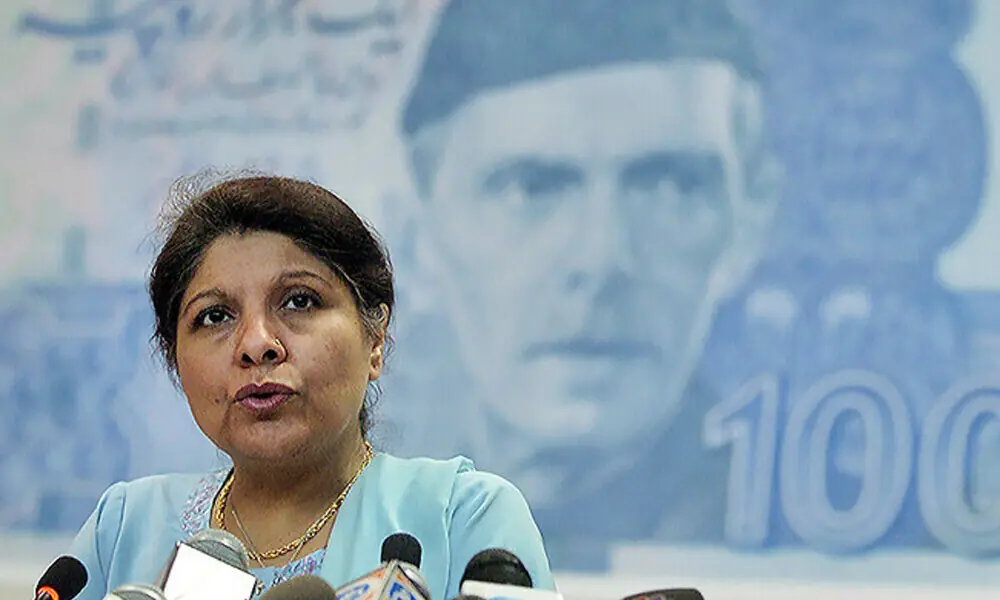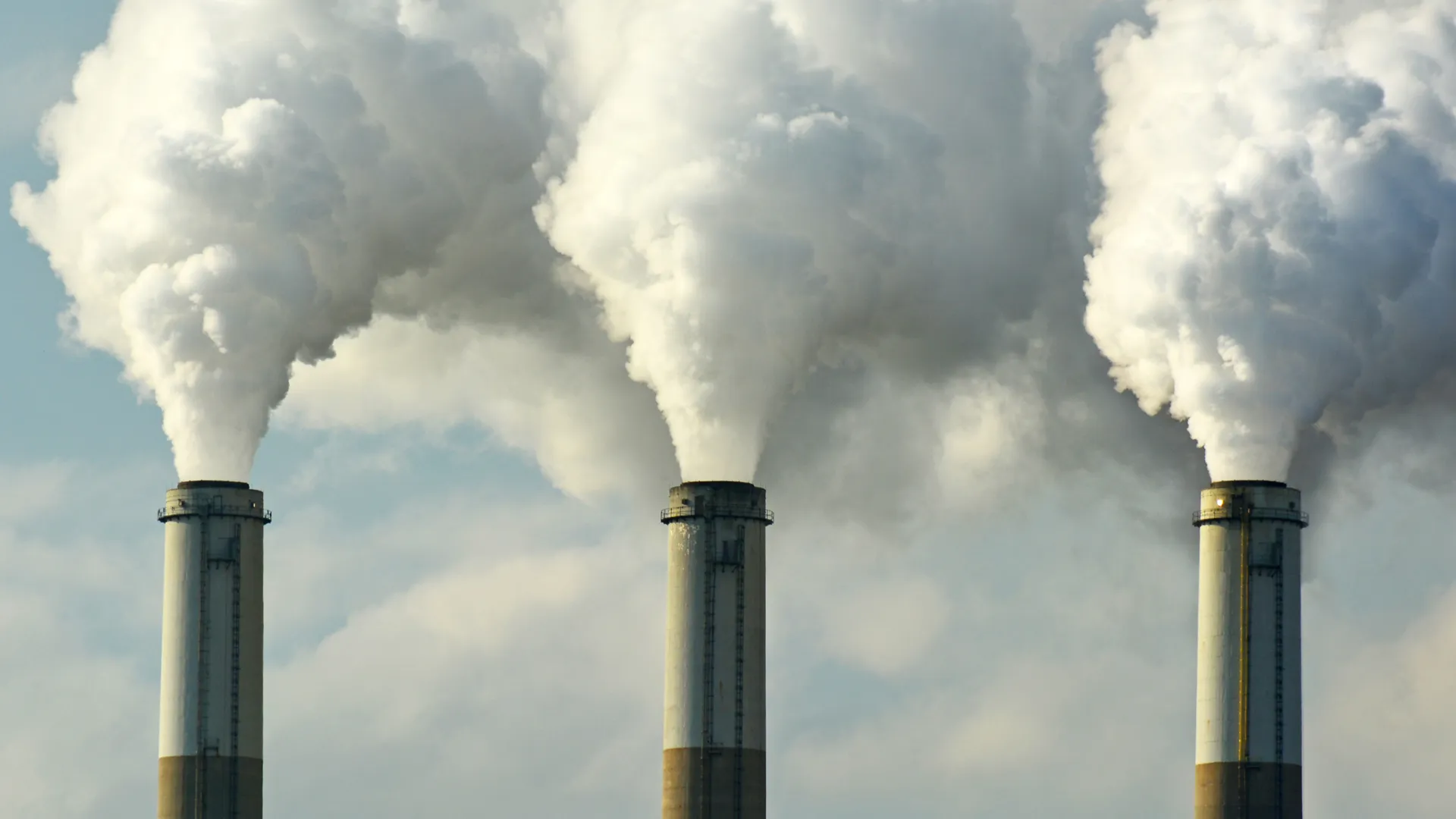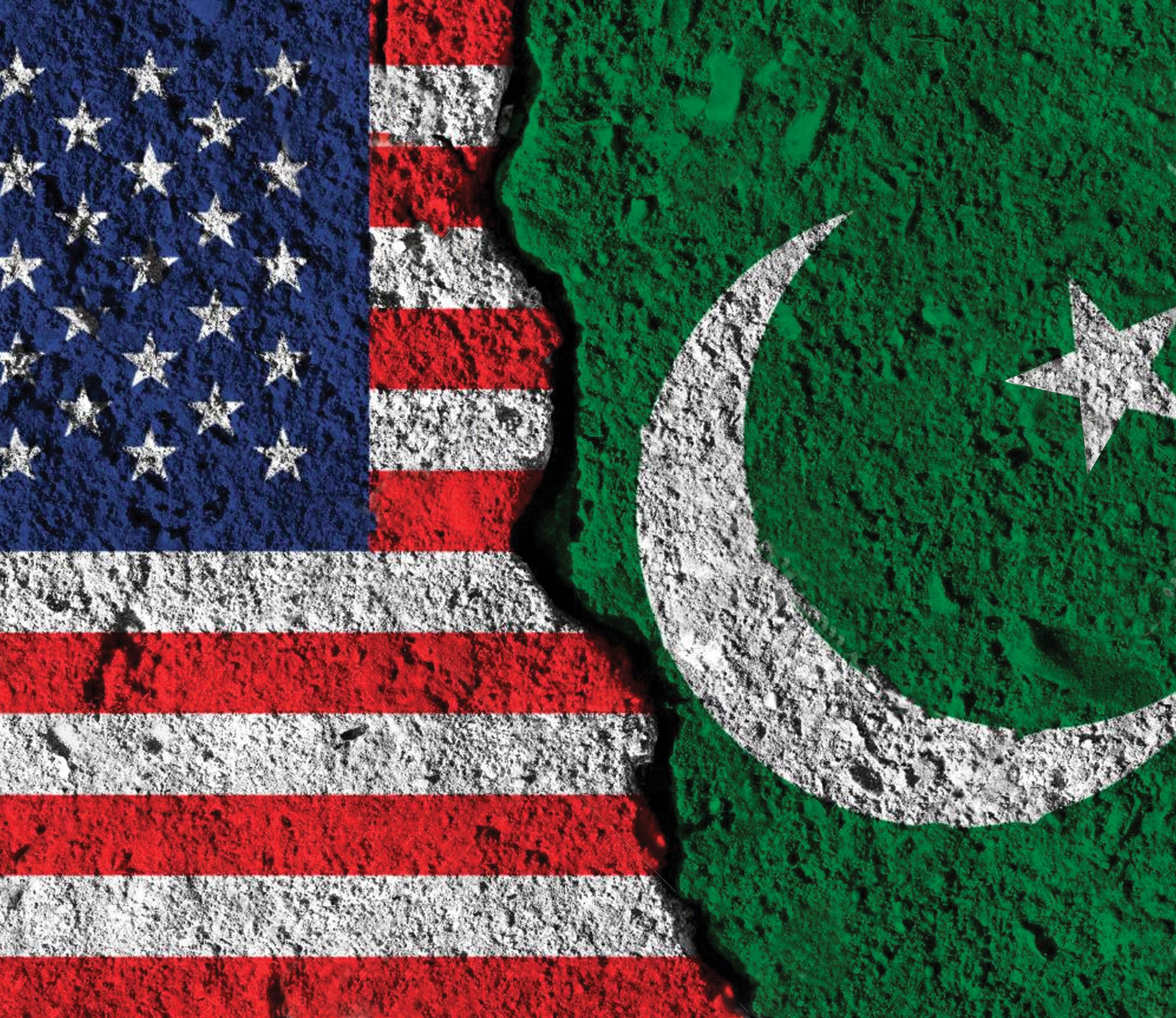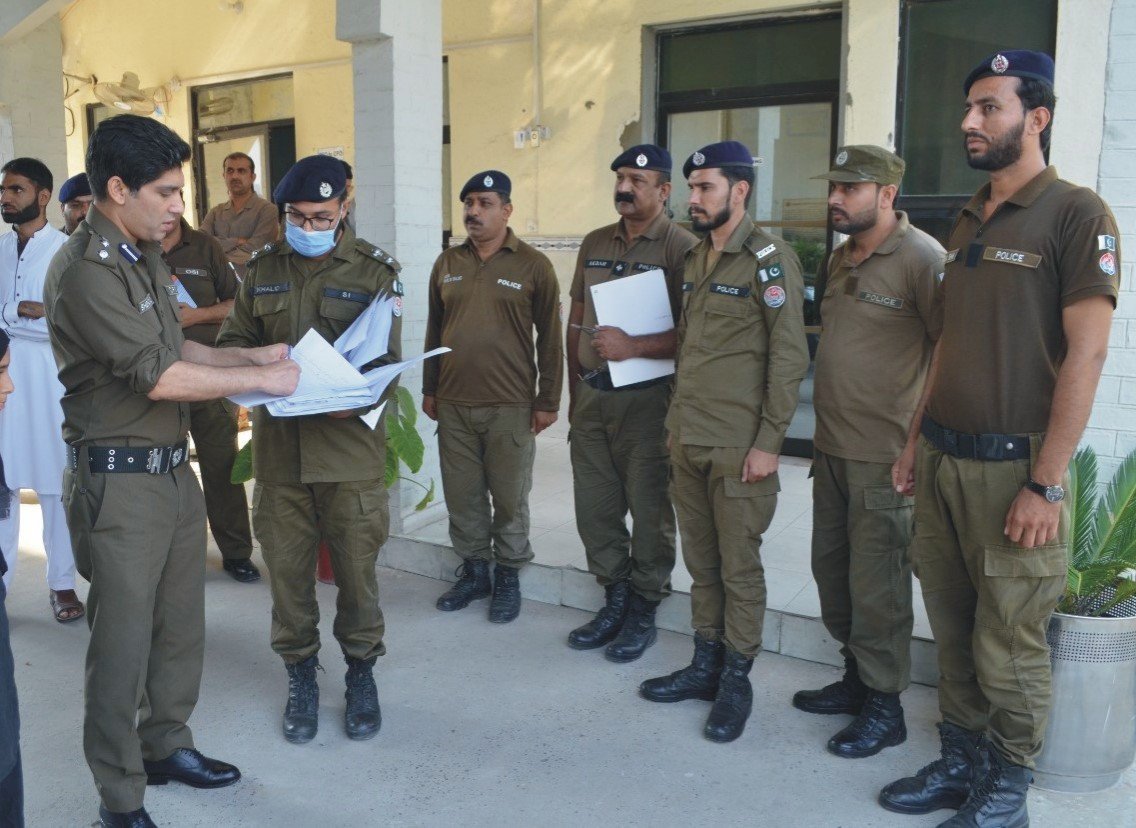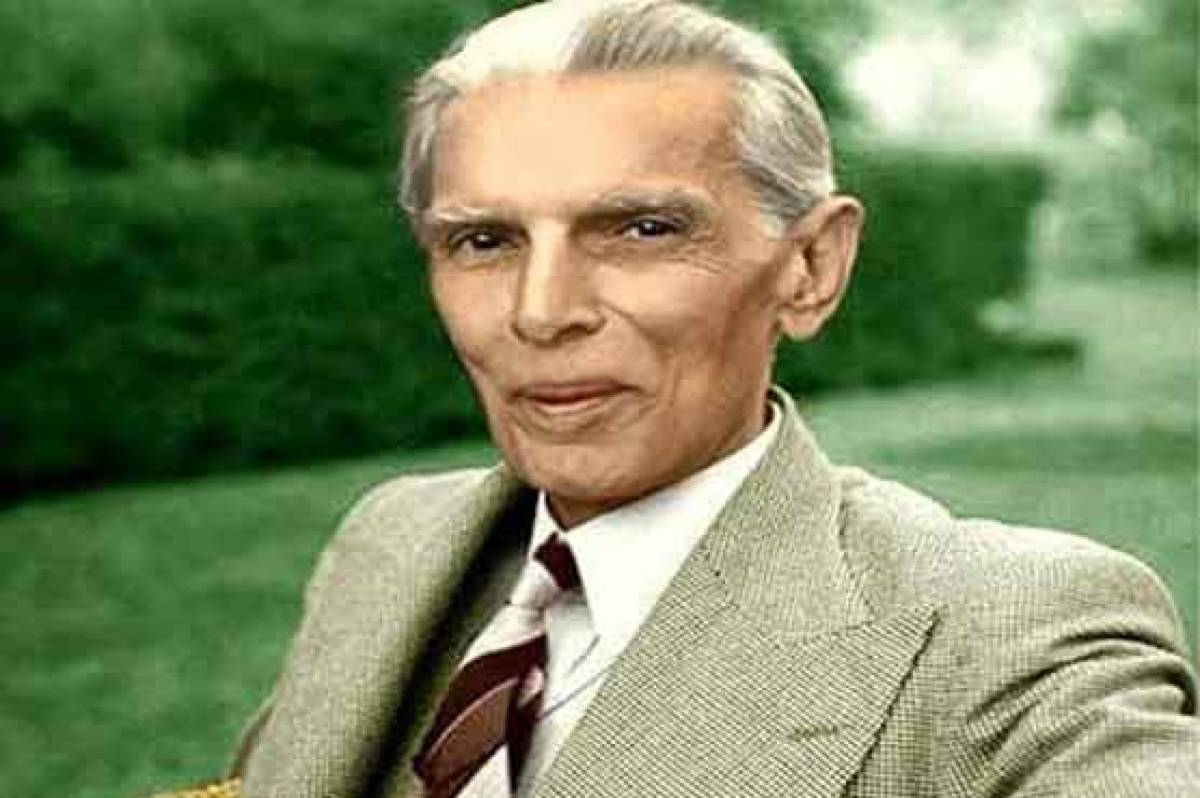Hafeez Ahmed Khan
As world leaders gather today to deliver speeches commemorating Human Rights Day, they will pledge their commitment to the principles of dignity, freedom, and equality enshrined in the Universal Declaration of Human Rights (UDHR). Yet, these grand declarations often ring hollow in the face of stark realities, where the very values they espouse are routinely violated. Nowhere is this contradiction more evident than in Gaza, where over 400 days of violence and destruction have unfolded under the indifferent gaze of the international community. Amnesty International has called the situation in Gaza a genocide, but despite the scale of suffering, no major power has stepped in to end the bloodshed. This glaring apathy exposes a devastating truth: international solidarity is often a myth, especially when it concerns marginalized peoples or regions. Until we confront the systemic failures that allow such atrocities to continue, these global commemorations of human rights remain nothing more than empty gestures.
The hypocrisy surrounding Human Rights Day is not confined to the international stage. Pakistan, too, has a shameful record when it comes to human rights. Ranked 133rd out of 180 countries by Freedom House in 2023, the country remains one where human rights are treated as privileges for a select few, rather than inherent rights for all. The past year has seen persistent violence against religious minorities, the suppression of political dissent, and the continued suffering of women, who are subjected to systemic neglect and abuse. Repressive practices, such as detaining family members of individuals on the run to exert pressure, remain entrenched, while enforced disappearances continue to haunt the country. The media, far from being a free and independent pillar of democracy, is regularly targeted and silenced when it dares to critique the powerful. Meanwhile, the plight of marginalized groups is often met with indifference and apathy.
The tragic deaths in stampedes at ration distribution centers serve as a stark reminder of the dire state of social welfare in Pakistan. These incidents highlight the sheer neglect of the country’s most vulnerable citizens, underscoring a broader failure of governance that refuses to address systemic inequality. Similarly, the horrifying reports of children being beaten to death for trivial mistakes in domestic servitude reveal the deep-seated dehumanization of vulnerable groups. These are not isolated incidents; they are symptomatic of a society where intolerance is rampant and human rights are subordinated to entrenched biases and systemic inequities.
These failures reflect a broader malaise that affects not only the state but society at large. Change must come from both the government and the citizens, with policymakers prioritizing the protection of all citizens, regardless of their social, religious, or ethnic background. The government must address the root causes of the economic and social disparities that plague the country, ensuring that basic human needs – clean water, electricity, security, and healthcare – are met for all citizens, not just the privileged few. Political leaders must set aside their self-serving rivalries and work towards building a society where dignity and equality are considered non-negotiable rights, not lofty ideals that are only paid lip service on special days.
Human rights are not just a matter of legal frameworks or international agreements; they are the foundation of human dignity and survival. They are the bedrock upon which societies should be built, yet all too often, they are ignored or violated in the pursuit of political power, economic gain, or religious orthodoxy. On this Human Rights Day, as we reflect on the promises of the UDHR and the progress that still needs to be made, we must also acknowledge the deep inequalities that persist in both the global and local spheres.
Internationally, the failure to act in places like Gaza is a stark reminder of the limits of global solidarity. The world’s most powerful nations, while quick to condemn abuses when it suits their interests, have consistently failed to intervene in meaningful ways to prevent mass atrocities, particularly in the Middle East. The massacre of civilians in Gaza, which has been ongoing for more than a year, is not just a tragedy for the people of Gaza, but a profound indictment of the international community’s impotence in the face of large-scale human suffering. Despite calls from human rights organizations, the United Nations, and other global entities, the world’s most powerful governments have done little to stop the violence. In fact, some have actively supported the aggressors, turning a blind eye to the humanitarian catastrophe unfolding before them.
The situation in Gaza exposes the deep flaws in the international system. While Human Rights Day encourages governments to pledge their allegiance to universal human rights, it is often used as a platform for self-congratulation rather than meaningful action. For marginalized people and regions, such as Gaza, these declarations mean little when they are not followed by tangible support or intervention. The same international powers that advocate for human rights in public often ignore the pleas of those who suffer the most, demonstrating the selective nature of global solidarity. The consequences of this inaction are dire, and the suffering of innocent people in Gaza serves as a grim reminder of how easily human rights can be ignored when political and strategic interests are at stake.
Similarly, the situation in Pakistan reflects the deep-rooted challenges facing many nations in the Global South, where human rights are regularly violated, and inequality is entrenched. In Pakistan, where systemic violence and repression are rampant, the government’s failure to protect its citizens speaks to a broader failure of governance. The violence against religious minorities, the suppression of political opposition, and the treatment of women as second-class citizens are just a few of the ongoing human rights violations in the country. These issues are compounded by a lack of accountability and the absence of a functioning justice system that can protect the rights of the most vulnerable.
Pakistan’s media, which should play a vital role in holding the powerful accountable, is often censored or attacked for daring to speak the truth. Journalists are regularly harassed, detained, or even killed for reporting on issues that threaten the status quo. This suppression of free speech and the muzzling of the media are clear indicators of the country’s disregard for basic human rights. In a society where freedom of expression is restricted, and dissent is punished, it becomes increasingly difficult to address the underlying causes of the country’s social and economic problems.
The human rights abuses in Pakistan are not limited to political violence or the suppression of dissent; they extend to the daily lives of ordinary citizens. The deaths in ration stampedes, the abuse of domestic workers, and the general apathy towards marginalized communities are evidence of a society where human rights are not universally protected. These are not just failures of governance; they reflect a cultural and societal indifference to the suffering of the most vulnerable.
Addressing these issues requires more than just legislative reforms or political promises. It requires a fundamental shift in how society views human rights. It demands a commitment to creating an inclusive society where everyone, regardless of their background or status, has access to basic rights and protections. This is not just a responsibility of the government, but of all citizens. Human rights cannot be relegated to the realm of politics; they must become a core value that guides both governance and daily life.
On this Human Rights Day, we must move beyond symbolic gestures and empty pledges. True progress can only be achieved when we confront the systemic failures that allow human rights violations to persist both in Gaza and in Pakistan. Only then can we begin to create a world where human dignity, freedom, and equality are more than just ideals, but fundamental principles that shape every society. Until then, these commemorations will remain hollow, and the suffering of countless individuals will continue to be ignored.





